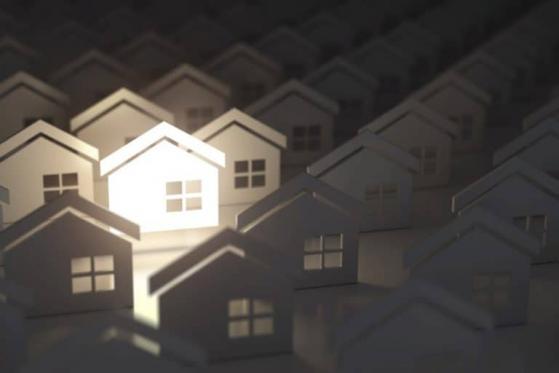Well, here’s some news: according to the Royal LePage House Price Survey, the aggregate price of a home in Canada is now $749,800 — a full 21.4% more since last year, when it was $562,350.
If we break that up by housing type, we’ll see that single-family detached homes have risen the most at a whopping 25.2% year over year ($790,000), while the median price of condominiums has risen by 13% to $533,000.
What’s worse, at least for homebuyers, is Royal LePage’s forecast that aggregate prices are still on the uptick, with an expected increase to $771,500 by the end of the year.
With mortgage rates still historically low and house prices continuing to climb, many of us are faced with the age-old homebuyer’s dilemma: should they wait until prices cool off or jump into the market and buy now?
Let’s take a look at both sides and see when you should buy and when you should wait.
When you should buy a house First off, let’s put all the external pressure and housing market news aside for a second and focus on “you.” You should buy a house when you feel ready to buy one.
That means you’re reached a point in your life where you’re ready to settle down. Buying a home often means living in one area for an extended period of time, possibly the rest of your life. If you’re comfortable with the thought of never moving again, that’s a sign that you’re ready.
Secondly, you should have a stable source of income. If you hate your job right now, or you’re not sure your company will be around in five or 10 years, you might want to find a secure career first before you go house hunting.
Stability is one sign you’re ready, but so is determination. You’re about to enter one of the most competitive housing markets in the world. If you can’t stand the heat, you’re not getting your own kitchen. Period. Get ready to feel excited, denied, out-bid, disappointed, disillusioned, and, finally, victorious. It could be a long process. It could be fairly short. Either way, you should have the emotional resilience to face a housing market that’s saturated with buyers like you, who are looking at the same houses and will likely outbid you at some point.
Last but not least, you should only buy a home if your finances can withstand the extra costs of being a homeowner. That means having enough saved to cover the downpayment for the home that you want (don’t go cheap on yourself), as well as enough to cover closing costs and fees.
When you should wait Similar to investing in stocks, timing the real estate market can be incredibly difficult, if not downright impossible. Wait long enough, and you could be forced to buy a home at much higher price than you were expecting. Buy a home now, however, and you risk feeling buyer’s remorse when prices start to drop (if they do).
There are, however, some instances when you should definitely wait to buy a home.
For one, if you have a high debt-to-income ratio, you might not be the right candidate for a home purchase. Most mortgage lenders won’t even consider your application if your total debts exceed 44% of your gross income, but I’d say aim to have no more than 20% tied up in debts. The less debt you have, the more flexible you can be when an expensive emergency strikes.
Speaking of emergencies, if you don’t have a strong emergency fund, I would certainly consider building one before you enter the buyer’s market. Often you won’t realize just how expensive your home is until something breaks, like the HVAC or the plumbing. When you’re faced with a $5,000 to $10,000 repair for something you deem essential, such as the roof, you’ll need a hefty fund to keep yourself afloat, unless you want to rely on debt.
Finally, if you don’t feel ready to buy a house, by all means — wait. Buying a home is likely the largest purchase you’ll ever make, and you don’t want to rush into it just because mortgage rates are low.
The post Home Prices Have Ballooned 21.4% Since Last October: Buy Now or Wait for Prices to Drop? appeared first on The Motley Fool Canada.
This Article Was First Published on The Motley Fool
